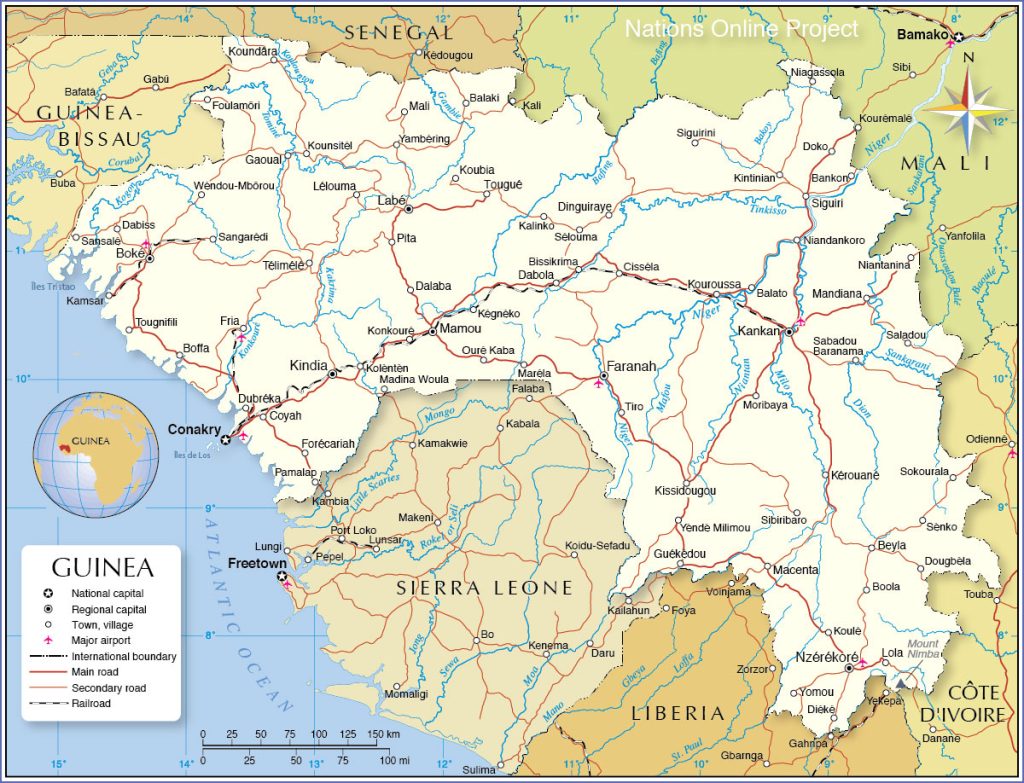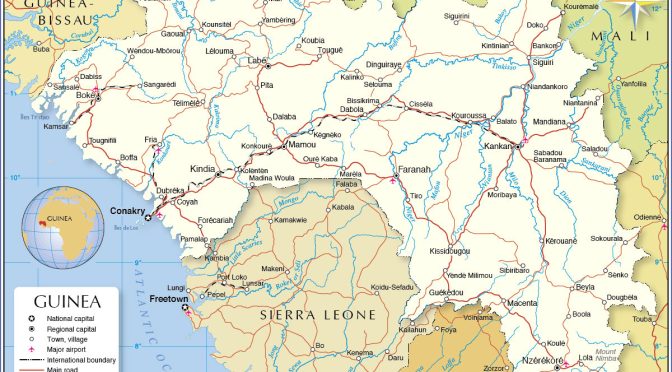Guinea, a West African nation endowed with abundant natural resources, has long been reliant on imported fossil fuels to meet its energy needs. However, the country is now at a critical juncture in its journey towards energy independence. With a growing population and increasing demand for electricity, Guinea is exploring renewable energy sources as a means to achieve sustainable growth and development.

The Guinean government has recognized the importance of diversifying its energy mix and has set ambitious targets for renewable energy production. In its National Renewable Energy Action Plan, Guinea aims to increase the share of renewables in its energy mix to 30% by 2030. This is a significant step forward, considering that the country currently relies on hydropower for approximately 50% of its electricity generation, with the remaining 50% coming from imported fossil fuels.
One of the key drivers behind Guinea’s push for renewable energy is the need to reduce its dependence on imported fossil fuels, which are subject to price volatility and supply disruptions. By investing in renewable energy sources, Guinea can not only reduce its reliance on imports but also create a more stable and secure energy supply for its citizens.
Furthermore, the development of renewable energy infrastructure has the potential to create jobs and stimulate economic growth in Guinea. According to the International Renewable Energy Agency (IRENA), the renewable energy sector employed 11 million people worldwide in 2018, and this number is expected to grow as more countries invest in clean energy technologies. By tapping into this global trend, Guinea can foster the growth of a new industry that can provide employment opportunities for its citizens and contribute to the country’s overall economic development.
In recent years, Guinea has made significant strides in harnessing its renewable energy potential. The country boasts abundant solar, wind, and hydro resources, which can be harnessed to generate clean and sustainable electricity. For instance, the Kaleta hydroelectric dam, which was commissioned in 2015, has significantly increased Guinea’s electricity generation capacity and has been hailed as a major milestone in the country’s quest for energy independence.
Moreover, Guinea has also been exploring the potential of solar energy as a means to meet its growing electricity demand. In 2018, the country launched its first solar power plant, a 40-megawatt facility located in the region of Kankan. This project, which was developed in partnership with the International Finance Corporation (IFC) and the World Bank, is expected to pave the way for further investments in solar energy infrastructure in Guinea.
In addition to solar and hydro power, Guinea is also looking to harness its wind energy potential. The country’s coastal regions, in particular, offer favorable conditions for the development of wind power projects. In 2019, the Guinean government signed a memorandum of understanding with a Chinese company to develop a 120-megawatt wind farm in the region of Boffa. Once completed, this project will further diversify Guinea’s energy mix and contribute to its renewable energy targets.
While Guinea has made significant progress in developing its renewable energy sector, challenges remain. Limited access to financing, inadequate grid infrastructure, and a lack of technical expertise are some of the key barriers to the widespread adoption of renewable energy technologies in the country. To overcome these challenges, the Guinean government will need to continue working closely with international partners, such as the IFC and the World Bank, to mobilize the necessary resources and expertise.
In conclusion, Guinea’s pursuit of renewable energy sources represents a critical step towards achieving energy independence and fostering sustainable growth. By harnessing its abundant natural resources and investing in clean energy technologies, Guinea can reduce its reliance on imported fossil fuels, create jobs, and contribute to global efforts to combat climate change. The road to energy independence may be long and fraught with challenges, but the potential rewards for Guinea and its people are immense.


